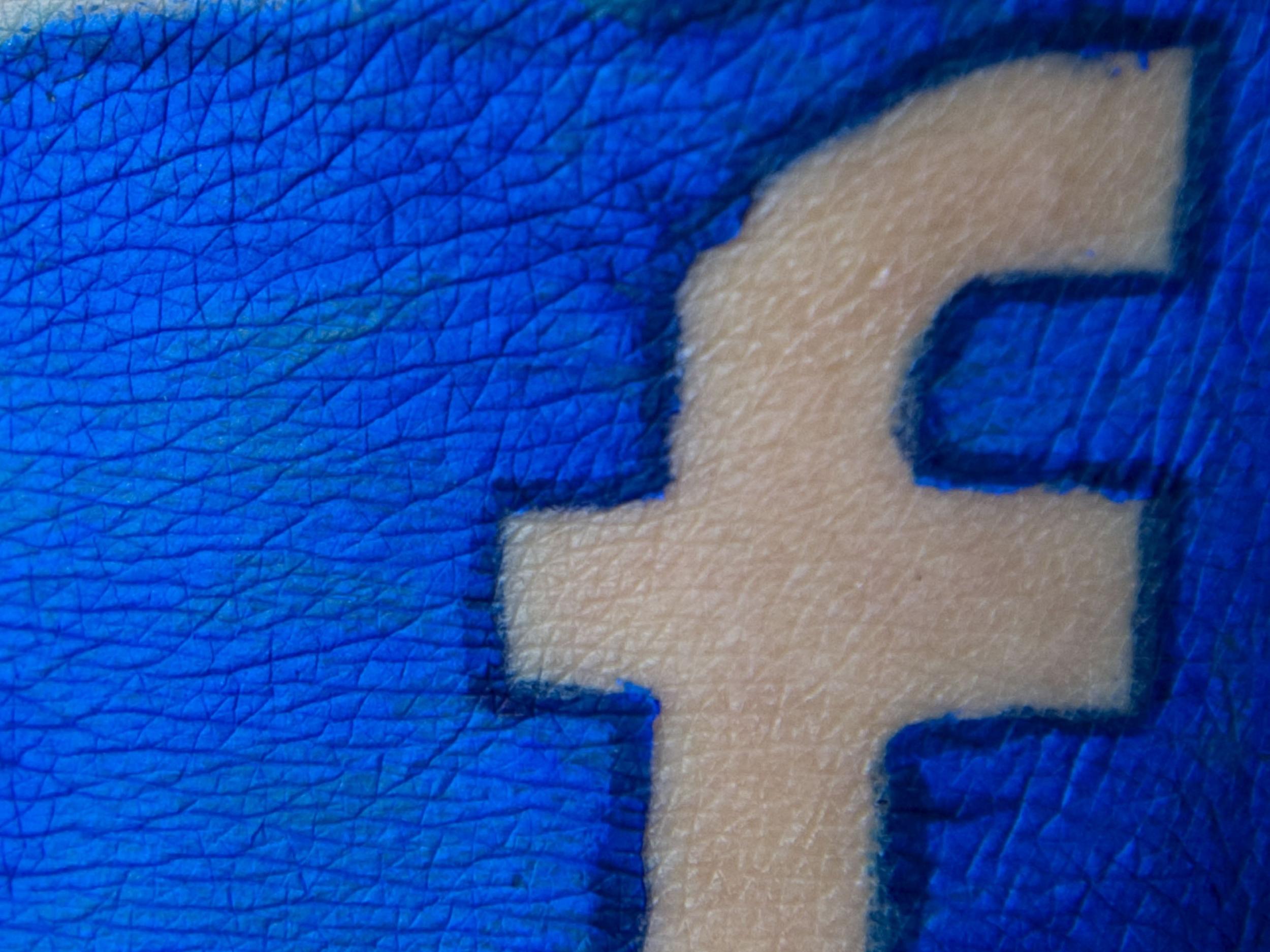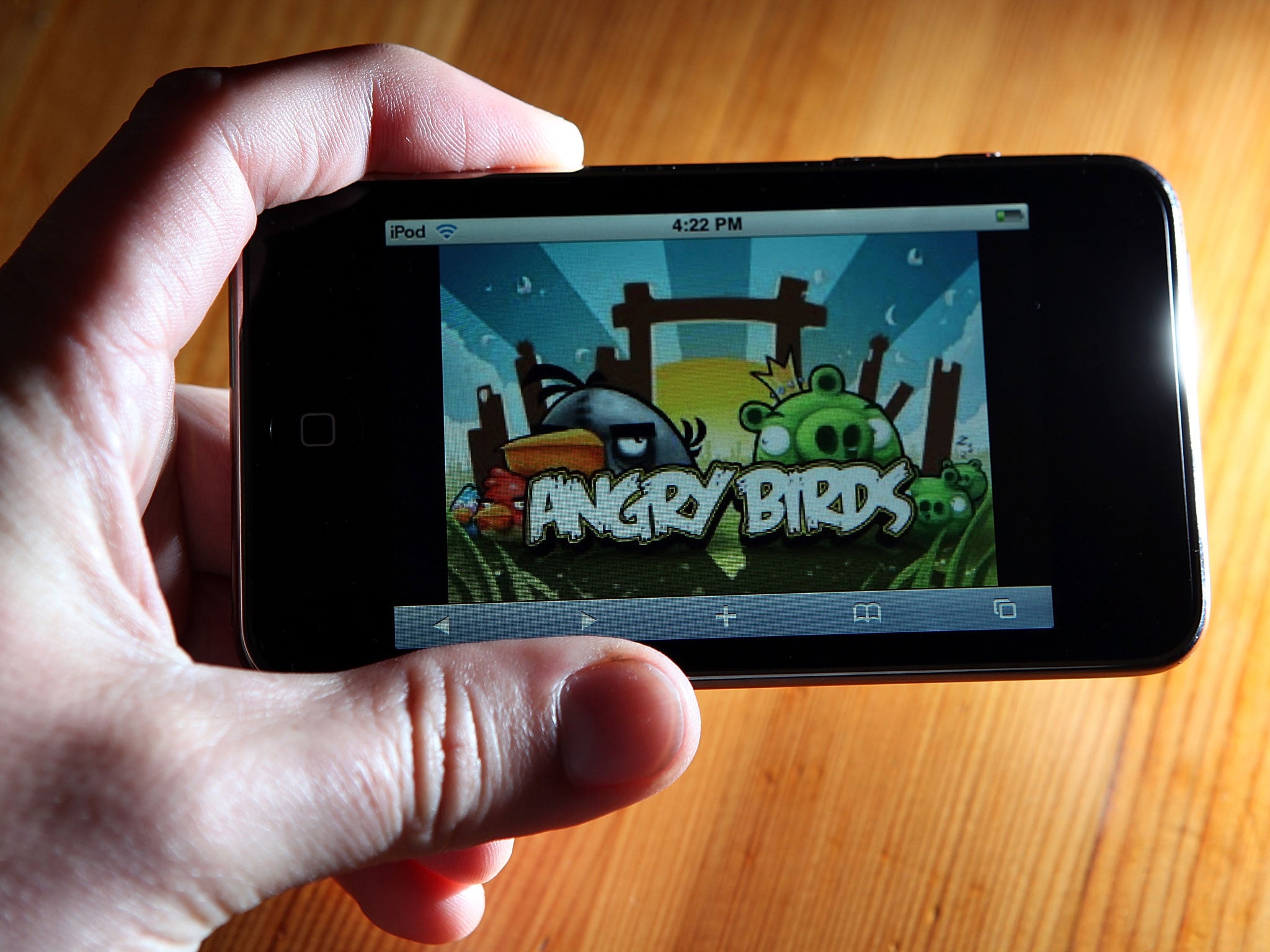Facebook tricked children into spending money on in-app games, court documents reveal
The social network apparently encouraged developers of games like Angry Birds to allow 'friendly fraud' in order to maximize revenues

Your support helps us to tell the story
From reproductive rights to climate change to Big Tech, The Independent is on the ground when the story is developing. Whether it's investigating the financials of Elon Musk's pro-Trump PAC or producing our latest documentary, 'The A Word', which shines a light on the American women fighting for reproductive rights, we know how important it is to parse out the facts from the messaging.
At such a critical moment in US history, we need reporters on the ground. Your donation allows us to keep sending journalists to speak to both sides of the story.
The Independent is trusted by Americans across the entire political spectrum. And unlike many other quality news outlets, we choose not to lock Americans out of our reporting and analysis with paywalls. We believe quality journalism should be available to everyone, paid for by those who can afford it.
Your support makes all the difference.Facebook deliberately allowed children to spend money on its platform without their parents knowledge, according to newly unsealed court documents.
The multi-year effort was detailed in a class action lawsuit revealing Facebook's alleged attempts to increase revenue for games like Angry Birds and PetVille.
In one instance, a 15-year-old child racked up $6,545 in charges after playing a game for two weeks but no refund was awarded. In other instances, Facebook employees appeared to be aware that children were spending money without even realising it.
The court documents, which date from 2010 to 2014, were unsealed following a request from Reveal, a website ran by The Center for Investigative Reporting.
"Despite the many warning signs, which continued for years, Facebook made a clear decision," Reveal wrote in a report of its investigation. "It pursued a goal of increasing its revenues at the expense of children and their parents."
The alleged business practice resulted in extremely high chargeback rates by credit card companies forced to intervene on behalf of parents unaware their children had spent money using their payment details.
In a three month period between 2010 and 2011, more than 9 per cent of money made from children through online games was recovered by credit card companies. The non-profit Merchant Risk Council considers a 1 per cent chargeback rate as high, while the Federal Trade Commission deems a 2 per cent charge back rate is red flag for a business being "deceptive".
Facebook's policy was apparently to encourage game developers to allow such spending in order to increase revenues – a practice referred to internally as "friendly fraud."
An internal memo circulated in 2011 stated: "Friendly Fraud – what is is, why it's challenging, and why you shouldn't try to block it."

Facebook also internally allegedly referred to children who spent large amounts of money on online games as "whales" – a term ususally used by casinos to refer to gamblers who wage large amounts of money.
The class action case was eventually settled by Facebook in 2016, agreeing "to dedicate an internal queue to refund requests for in-app purchases made by US minors."
Facebook said it released documents after being instructed to by the court, having already voluntarily unsealed documents following a request from the Center for Investigative Reporting.
"Facebook works with parents and experts to offer tools for families navigating Facebook and the web," a spokesperson told The Independent.
"As part of that work, we routinely examine our own practices, and in 2016 agreed to update our terms and provide dedicated resources for refund requests related to purchases made by minors on Facebook."
Join our commenting forum
Join thought-provoking conversations, follow other Independent readers and see their replies
Comments